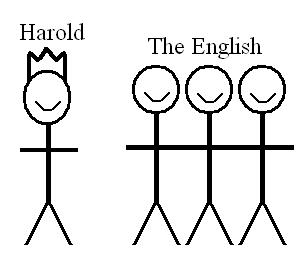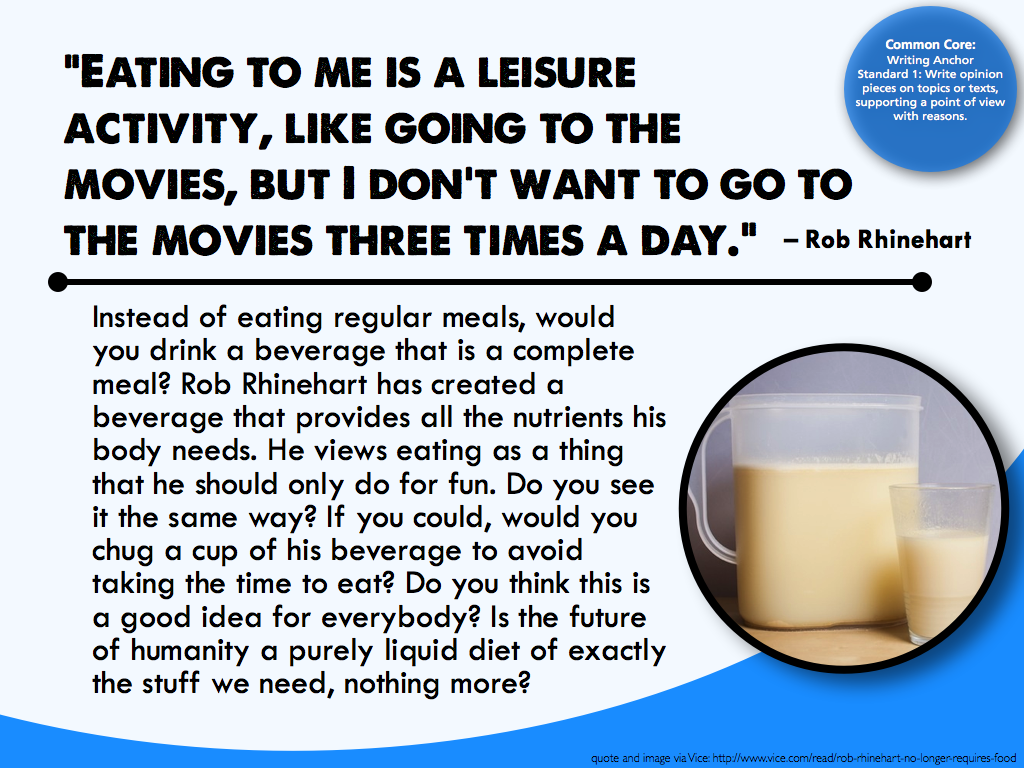Disclaimer: I really didn’t mean for this to get so political-sounding. It was supposed to be silly and lighthearted. Please do not assume that I feel one way or another on any political issue, or that I mean to push any political feeling that I do have on my readers.
A long time ago in a galaxy far far away....
Things were different, but not so different that the audience couldn’t relate to the characters. Really the only thing that wasn’t exactly like the way things are in the here and now was that everyone was able to hover about two inches off the ground if they wanted to, and people mostly used it to keep from stepping in puddles or to go on long walks without their shoes on. Oh, and there was no solid food; every meal was in liquid form, and people liked it that way, because they didn’t know any different. They didn’t even have any ice cream to enjoy while they went on a barefoot evening hoverwalk.
Because of the whole liquid food thing, there was no need to sit down and have a family meal together. Instead of dining rooms and dining tables, people had game rooms and gaming tables, and they played board games with their families every evening while they drank their liquid meals. Kitchens were unnecessary, since no preparation was needed. People had big pantries where they kept their food, with a cooler on one side for ice cream flavored liquid meals and a warmer on the other for the coffee flavored ones.
Society flourished. So much time was saved by being able to sip your meal instead of sitting down and having to chew it all up that architects built more beautiful buildings, poets wrote more beautiful sonnets, and shoe designers designed more beautiful shoes for those rare occasions that someone wanted to walk on the ground instead of hovering.
And then the travelers arrived.
At first they tried to blend in and observe the culture of the world on which they’d landed without spoiling the experience. It worked for a while, as they were in awe of the ways of the planet’s strange inhabitants, but it wasn’t long before they reverted to their own eating habits within sight of the natives.
“What’s that?” asked a young girl who happened to be hovering nearby sipping her lunch.
“Our lunch,” replied one of the travelers, offering her a piece.
She took it, and looked at it from all angles. “How do you drink it?”
“You don’t,” the travelers laughed. “You eat it, and chew it with your teeth.”
“Eat?” the girl echoed. She’d never heard the word before. The travelers had to show her what to do, and that simple act of sharing changed the world.
It wasn’t long before eating things became a craze. The natives of the world soon found things to eat themselves, plants and animals from their own world. This was good for their guests, since the travelers were already rationing their own food stores.
Every news station in the world was full of the new “fad,” and reported on the new things being developed for eating and those who were protesting against it, saying that eating was disgusting, and that liquid food was better for you than the unnatural things being gnawed on by the “eaters.”
Although the people of the world enjoyed eating, the reality was that if one ate too much, one’s ability to hover slowly faded away, and was difficult to get back. It only returned in some people if they gave up eating entirely and returned to their former liquid diet. “Is this really worth it?” one especially vocal liquid advocate asked. “Do you really want to give up your heritage, your hoverwalks, just to eat?!”
The world was in chaos. The different factions began to raise armies to war with one another for the future of their children’s food consumption.
As their ship left the atmosphere, the travelers discussed their own impact on the world they’d only meant to explore.
“We never should have landed there,” one commented.
“It may be impossible to leave a planet the same way it was before we arrive,” another said, “our mere presence could ruin a cultural future forever.”
The captain shook her head. “It could be that that planet was destined for war and only waiting for a reason to start; we were just the excuse.”
“I dunno, Captain,” said the first officer, chewing on the very food that started it all. “This is pretty delicious. I think when they’re done fighting their war, they’ll thank us. Bacon is worth it.”

































